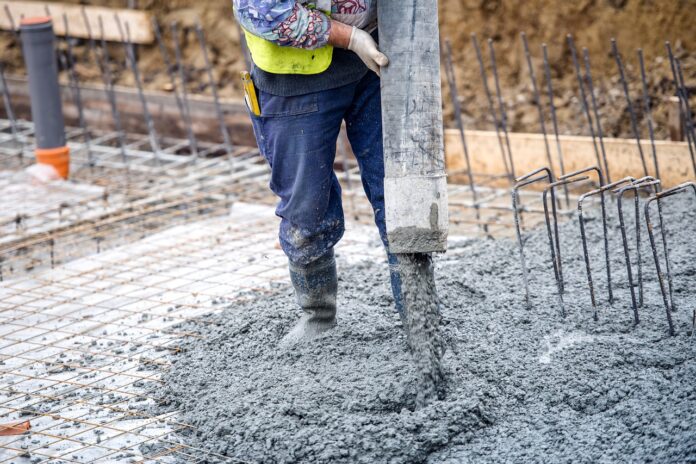Source: MakeLemonade.nz
Te Whanganui-a-Tara – The production of cement, the binding ingredient in concrete, accounted for seven percent of global carbon emissions in 2018.
US researchers are looking at ways to reinvent concrete to reduce its effects on climate change.
Scientists have developed a bendable concrete that locks up CO2.
One of the big contributors to climate change is right beneath people’s feet, and transforming it could be a powerful solution for keeping greenhouse gases out of the atmosphere.
Concrete is one of the most-used resources on Earth, with an estimated 26 billion tonnes produced annually worldwide. That production isn’t expected to slow down for at least two more decades.
Given the scale of the industry and its greenhouse gas emissions, technologies that can reinvent concrete could have profound impacts on climate change.
As engineers working on issues involving infrastructure and construction, researchers have been designing the next generation of concrete technology that can reduce infrastructure’s carbon footprint and increase durability.
That includes CO2-infused concrete that locks up the greenhouse gas and can be stronger and even bendable.
Concrete is made up of aggregate materials – primarily rocks and sand – along with cement and water.
Because about 80 percent of concrete’s carbon footprint comes from cement, researchers have been working to find substitute materials.
The University of Michigan research is working on composites that produce a bendable concrete material that allows thinner, less brittle structures that require less steel reinforcement, further reducing related carbon emissions.
The material can be engineered to maximise the amount of CO2 it can store by using smaller particles that readily react with CO2, turning it to mineral.



